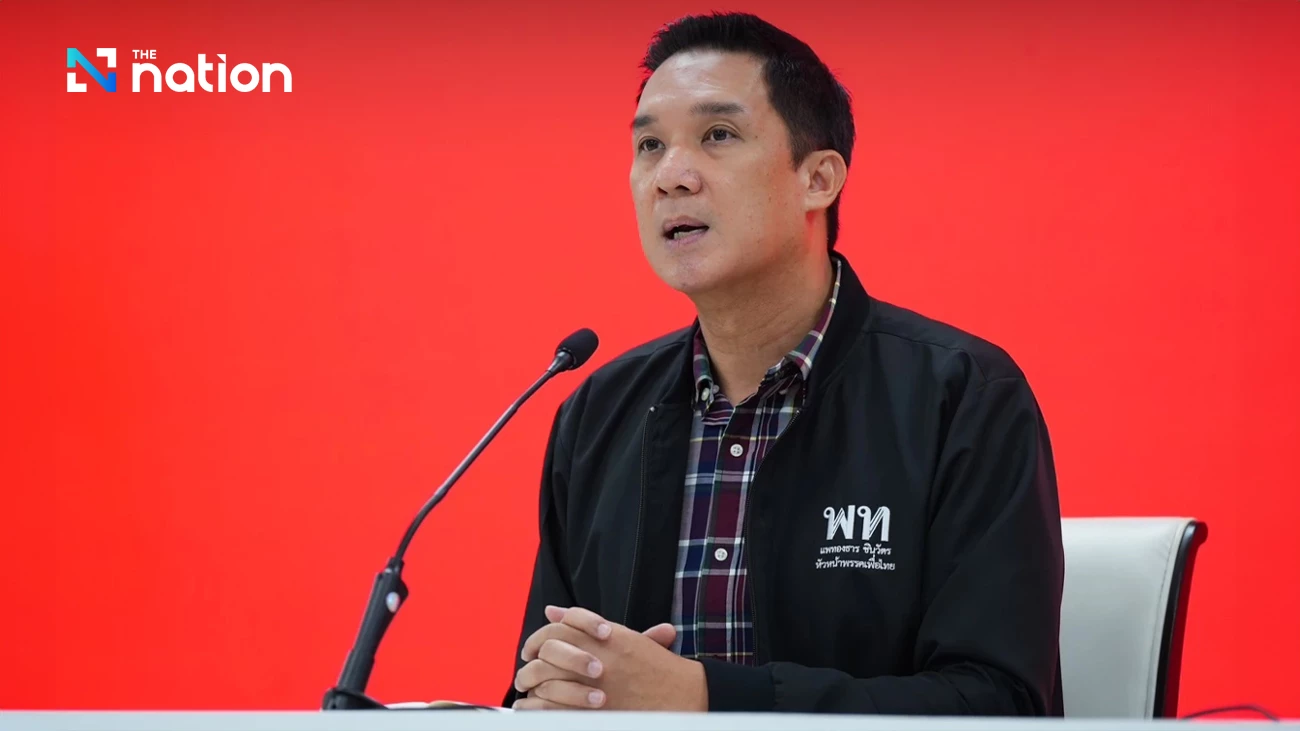
Pheu Thai to seek reduced penalty for Yingluck over rice scheme damages, citing new evidence and invoking Article 75 of administrative law.
The Pheu Thai Party announced on Sunday that it plans to invoke an administrative court procedure to request a reduction in the financial penalty imposed on former prime minister Yingluck Shinawatra in connection with damages from the rice-pledging scheme.
According to Pheu Thai spokesman Danuporn Punnakan, the party will ask the Supreme Administrative Court to reconsider the amount Yingluck has been ordered to pay, despite a final ruling already having been issued.
Supreme Court Ordered Yingluck to Pay Half of G-to-G Damages
On Thursday, the Supreme Administrative Court ruled that Yingluck, as the then-prime minister, was liable for failing to prevent a fraudulent government-to-government (G-to-G) rice deal, and ordered her to pay 10.028 billion baht, which represents half of the 20.057 billion baht in total damages from the scheme.
New Evidence to Be Submitted Under Article 75
Danuporn cited Article 75 of the Act on the Establishment of Administrative Courts and Administrative Court Procedure B.E. 2542 (1999), which allows parties in concluded cases to submit new evidence within 75 days for reconsideration.
He said the new evidence involves the sale of 18.9 million tonnes of rice from government stockpiles last year—sales that occurred after the court’s inquiry phase had ended and, therefore, were not factored into the court’s damage assessment.
“So, we will invoke Article 75 as a new legal channel for her,” Danuporn stated.
Rice Sale Revenue Could Lower Yingluck’s Liability
Pheu Thai plans to use the value of the rice sales to argue that the actual damage to the state is lower than previously determined, and thus Yingluck’s financial penalty should be reduced accordingly.
Danuporn stressed that the party must defend Yingluck, as the rice-pledging scheme was a flagship campaign policy in the 2011 general election, which contributed to Pheu Thai’s victory.
“And PM Yingluck at that time presented the party’s policy to Parliament, saying the rice pledging scheme would help improve farmers' livelihoods,” he added.
Party Claims Yingluck Was Unfairly Targeted
Danuporn argued that Yingluck was unfairly treated in the case, which he said was initiated by the post-coup administration. He claimed the coup-makers used special orders to accelerate legal action against her and also used the rice scheme as one of the justifications for seizing power.
Amnesty Bill for Article 112 Defendants Set for July
Danuporn also addressed criticism that Pheu Thai has focused on defending Yingluck while staying silent on Article 112 (lese majeste) cases. He explained that the party has not ignored those charged under Article 112 but is instead supporting a draft bill for amnesty, which is scheduled to be deliberated in Parliament on 9 July.


